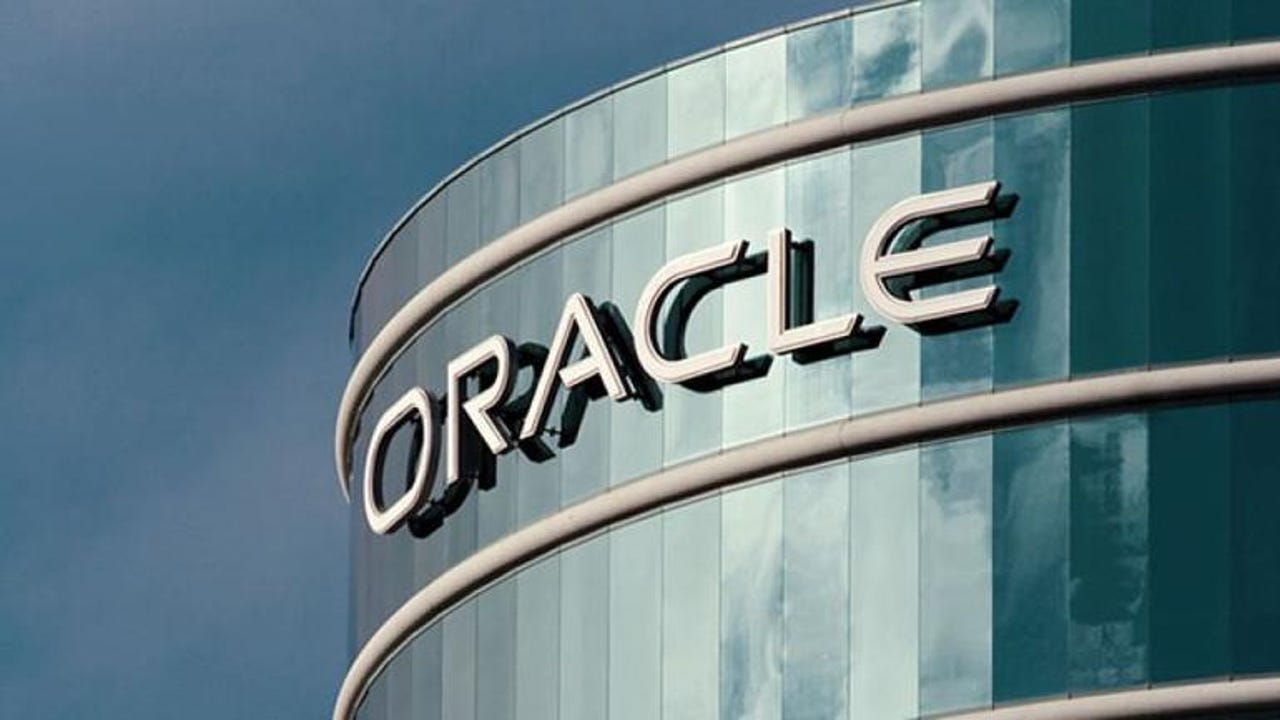Oracle re-spins legacy software into cloud growth game


The demise of legacy enterprise software vendors may be a bit overblown and Oracle appears to be showing a blueprint and a ground game that leverages its customer base into an as-a-service recurring revenue stream.
Oracle's fourth quarter was strong on many fronts, but can be summed up in two words: Legacy lives. And if you couple Oracle's results with strong performances from Red Hat and VMware you'll find that the giants are adapting.
Brad Reback, an analyst at Stifel, put it best in a research note following Oracle's fourth quarter:
Oracle's strong print combined with recent solid results from Red Hat and VMware suggest that legacy software vendors continue to improve execution despite the changing IT landscape. It further goes to show how sticky enterprise software is and that legacy players can adjust as they leverage their privileged position within their massive installed base footprint.
You could also add SAP into that mix.
Perhaps these enterprise giants are melding license and cloud models into something hybrid.
The upshot: Enterprise software giants don't necessarily have to win new cloud customers as much as convert the ones they have into an as-a-service model. Meanwhile, the power of Oracle's bundle -- database, HRM, CRM, ERP, infrastructure -- means that customers can cut deals. Oracle has about 13,550 customers in its active software-as-a-service base.
And now let's toss in Oracle's cloud at customer play. Oracle noted that AT&T is moving its on-premise database to the cloud. The revenue didn't show up in Oracle's fourth quarter, but the deal was strategic. Oracle's plan is to bridge hybrid and public cloud by running its services in a customer's data center.
CTO Larry Ellison and CEO Mark Hurd outlined the deal. Ellison noted that there are similar deals to AT&T in the pipeline. "During this new fiscal year, we expect both our PaaS and IaaS businesses to accelerate into hyper-growth, the same kind of growth we're seeing with SaaS, as our customers begin to migrate their millions of Oracle databases to Generation2 of the Oracle Public Cloud," said Ellison.
Hurd added the following details on the AT&T deal.
- AT&T's deal is ratable over time and Oracle nets more revenue.
- There are more than 10,000 Oracle databases at AT&T.
- AT&T wanted the data on-premise due to regulations.
- "We take our Oracle Cloud machine and we are able now to do all of that with them on their premise and give them all the benefits of the cloud. We manage. We patch. We basically run the cloud for them and we help them get all of that done," said Hurd.
- Financials weren't disclosed, but Hurd said the AT&T transaction is important because of what it represents for the Oracle customer base.
- Meanwhile, Oracle added several ERP, HCM, and CRM customers. These customers are also moving up from on-premises to the cloud.
Oracle's bet is that on-premise database licenses become cloud machines similar to the way customers have moved apps to the cloud.
Read more:
- Cloud v. Data Center: Key trends for IT decision-makers
- Infographic: Cloud use is growing, but the data center isn't dead yet
- Has IT's default setting switched from data center to cloud?
- Understanding the pros and cons of five different cloud types
- Multi-cloud is a messy reality, but there's hope
- Six reasons why companies hang on to their data centers
- Five major pitfalls to avoid in a cloud migration
- Stacking up the cloud vendors: AWS vs. Microsoft Azure, IBM, Google, Oracle